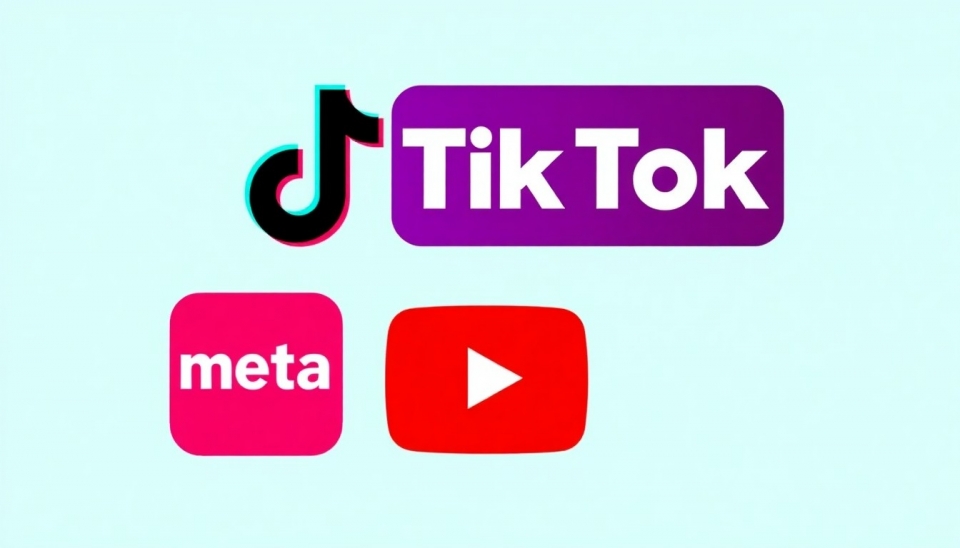
In a recent announcement, Meta has positioned itself at the center of a pressing legislative debate in Australia regarding the use of social media by minors. The tech giant has proposed that app stores should bear the responsibility of enforcing a new ban that prohibits users under the age of 16 from accessing social media platforms. This proposal emerges in light of growing concerns over the potential harm social media may pose to younger audiences, particularly with respect to mental health and safety.
The Australian government has been actively seeking measures to shield children from the perceived dangers of social media, a move that has garnered mixed reactions from various stakeholders. Meta, the parent company of Facebook and Instagram, has taken a definitive stance by suggesting that instead of heavy governmental regulation, third-party app stores like Apple and Google should implement age-verification processes. These measures, they argue, would allow for more effective enforcement and accountability without direct interference from government institutions.
According to Meta, app stores have the necessary infrastructure and tools to verify user ages more reliably than the platforms themselves. By shifting the responsibility to these app stores, Meta believes that efforts to protect children online can be more efficiently managed, potentially offering a more cohesive solution to the issue.
This suggestion has ignited discussions among policymakers, child safety advocates, and other tech companies regarding the effectiveness and practicality of such an approach. Critics argue that placing the onus on app stores may not sufficiently address the complexities of age verification and could allow many underage users to bypass restrictions. On the other hand, proponents of the app store regulation view it as a viable step towards creating a safer digital environment for children.
The conversation continues to develop as Australia’s government considers the public's feedback on enhancing regulations aimed at protecting minors. As Meta proposes this shift in responsibility, the conversation raises fundamental questions about the roles of social media companies and app stores in safeguarding vulnerable populations.
As global discussions around the implications of social media on youth gain momentum, all eyes will remain on Australia as it potentially sets a precedent that could reverberate worldwide.
As this situation progresses, stakeholders are keenly awaiting further announcements and clarity from both the Australian government and Meta regarding the future of social media usage among younger Australians.
#Meta #Australia #SocialMedia #Under16 #ChildSafety #AppStores #TechRegulation #AgeVerification #DigitalSafety
Author: Emily Collins




